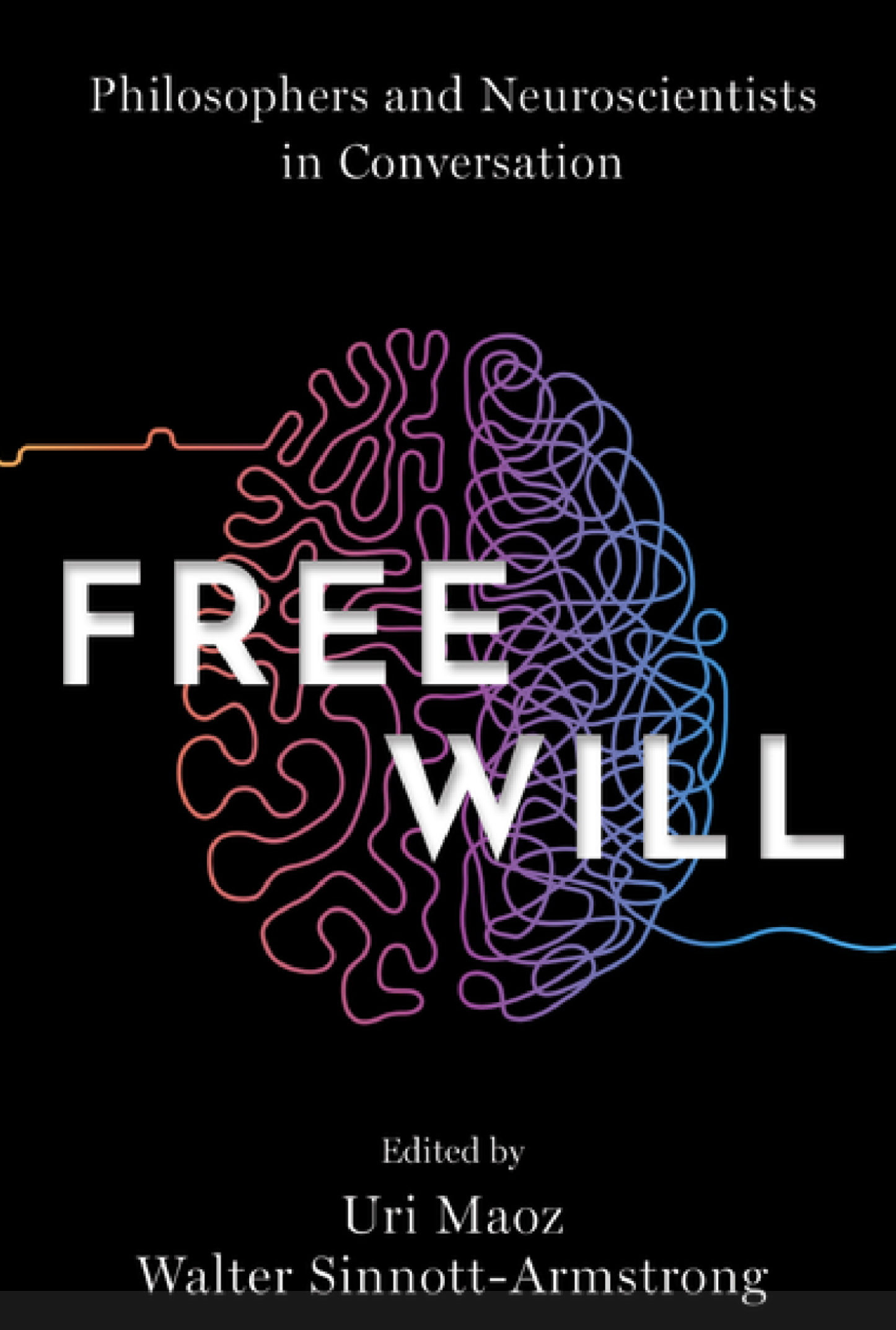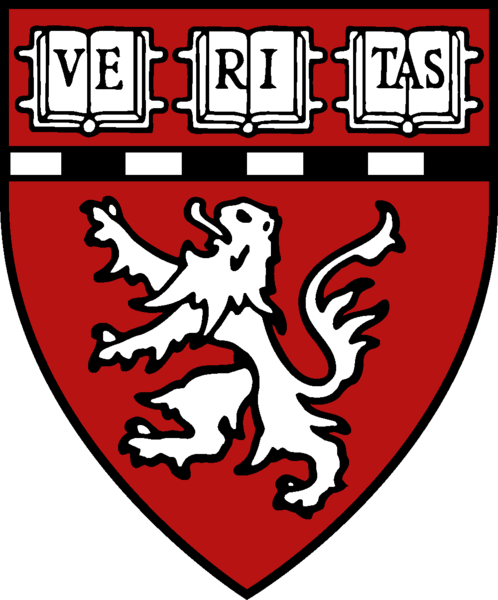New book: Free will. Philosophers and neuroscientists in conversation

Oxford University Press.
What is free will? Can it exist in a determined universe? How can we determine who, if anyone, possesses it? Philosophers have been debating these questions for millennia. In recent decades neuroscientists have joined the fray with questions of their own. Which neural mechanisms could enable conscious control of action? What are intentional actions? Do contemporary developments in neuroscience rule out free will or, instead, illuminate how it works? Over the past few years, neuroscientists and philosophers have increasingly come to understand that both fields can make substantive contributions to the free-will debate, so working together is the best path forward to understanding whether, when, and how our choices might be free. We therefore asked leading philosophers and neuroscientists which questions related to free will they would most like the other field to answer. Those experts then voted on the 15 most important questions for each field to answer. This book is a collection of the answers to those questions along with follow-up questions from world experts in the neuroscience and philosophy of free will. These varied perspectives will fascinate, illuminate, and stimulate students from both fields, along with anyone who wants to be brought up to date on these profound issues.
See also:
Kreiman G., Liljenstrom H., Schurger A., Maoz U (2022). How can computational models help us understand free will? Chapter in Free Will: Philosophers and Neuroscientists in Conversation (eds U Maoz and W Sinnott-Armstrong) (Oxford University Press, 2022).
Kreiman G (2022). Does the will correspond to any clearly delineated brain area or activity? Chapter in Free Will: Philosophers and Neuroscientists in Conversation (eds U Maoz and W Sinnott-Armstrong) (Oxford University Press, 2022).



